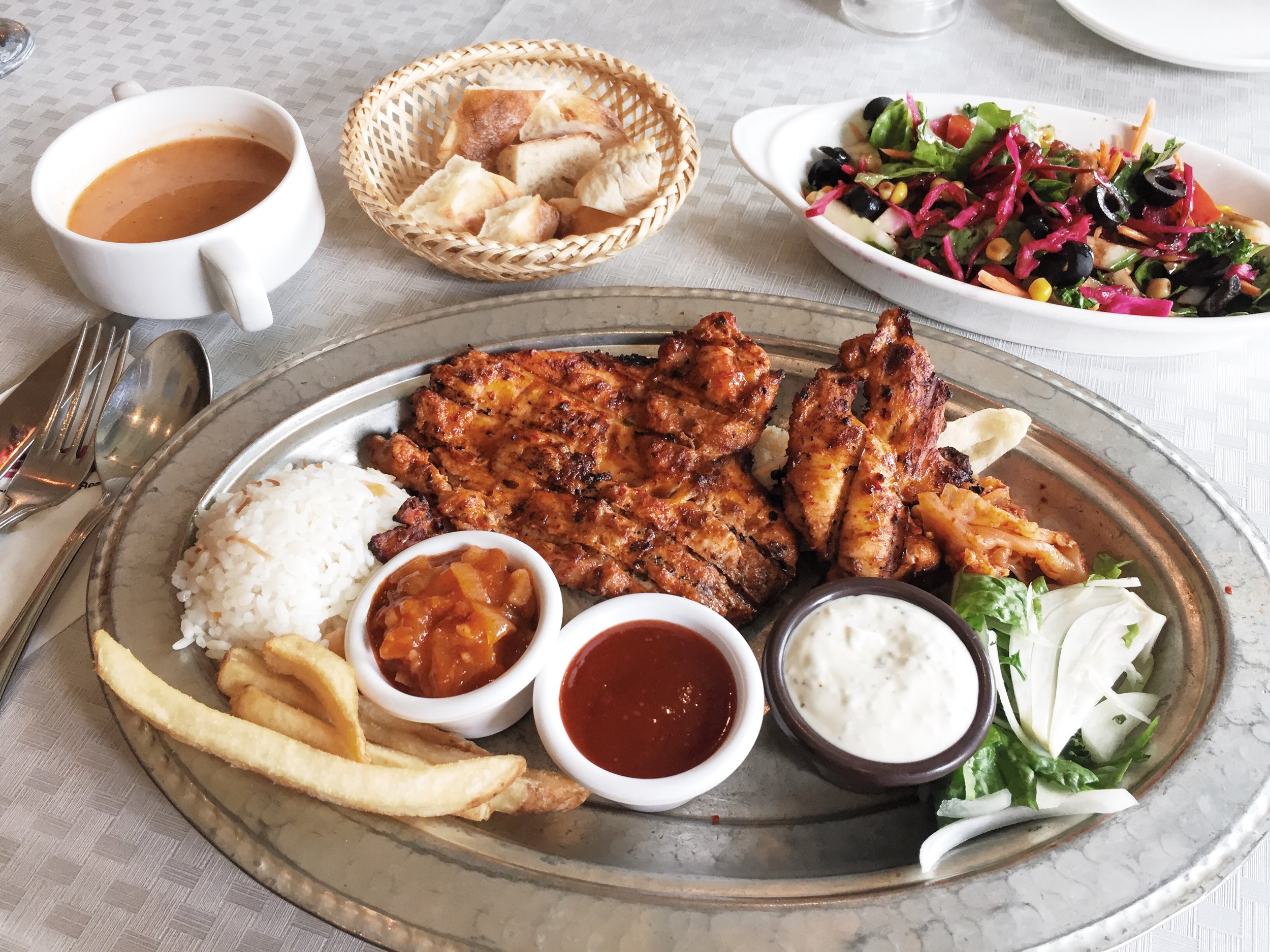- 사랑해요.
Saranghaeyo.
I love you.
(formal)
사랑해.
Saranghae.
I love you.
(informal)
- 보고싶어요.
Bogoshipuhyo.
I miss you.
(formal)
보고싶어.
Bogoshipuh.
I miss you.
(informal)
- 괜찮아요?
Gwenchanahyo?
Are you okay?
(formal)
You can turn the previous question into a statement. 괜찮아요? becomes 괜찮아요 (I'm okay). To make these informal, take out the YO at the end. 괜찮아? 괜찮아.
- 왜 그래요?
Wae geuraeyo?
Why are you being like this?
(formal)
왜 그래.
Wae geurae?
Why are you being like this?
(informal)
- 배고파요. 밥 먹으러 가요.
Baegopayo. Bap mukeuruh ga yo.
I’m hungry. Let’s go eat.
(formal)
배고파. 밥 먹자.
Baegopa. Bap mukja.
I’m hungry. Let’s eat.
- 어떡해요?
Uhtteokhaeyo?
Usually means “What to do?” Or “What should I do?”
(formal)
어떡해?
Uhtteokhae?
“What to do?” Or “What should I do?”
(informal)
- 미쳤어?
Michyeossuh?
Are you crazy?
(informal)
Note: due to the nature of the phrase, the formal version is not very commonly used. If you want to make it formal, just at YO (요) at the end of the phrase.
- 진짜?
Jinjja?
Really?
(informal)
To make it formal, just at YO (요) at the end of the phrase:
진짜요?
Jinjjayo?
Really?
(informal)
- 죽을래?
Joogeulae?
Do you want to die?
(informal)
Note: due to the nature of the phrase, the formal version is not very commonly used. If you want to make it formal, just at YO (요) at the end of the phrase.
- 가지마.
Gajima.
Don’t go.
(informal)
To make 가지마 formal, add a YO at the end. 가지마요. Gajimayo.
To learn more phrases and vocabulary heard in Korean dramas, check out the following videos:
OMG in Korean
Oppa & Unni Explained
Thank You in Korean
Hello & Goodbye in Korean












